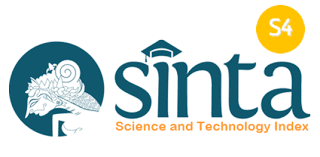The Brain Development in Children with Special Needs
Influences, Challenges, and Early Interventions
Abstract
Brain development during early childhood is critically shaped by a variety of factors, particularly in children with special needs. This study explores the influence of environmental, educational, and social factors on the cognitive and behavioral development of children aged 3 to 6 with special needs. Employing a qualitative case study approach, data were gathered through direct observation, interviews with parents and educators, and analysis of relevant developmental documents. Instruments utilized included parent questionnaires, educator interview guides, and observation sheets designed to assess motor, language, and social development. Thematic analysis was employed to identify emerging patterns. The findings suggest that children with special needs who received robust support from both family and educational environments exhibited notable advancements in cognitive and emotional development. These results emphasize the significance of active involvement from parents and service providers in fostering children's learning. Furthermore, the study highlights that inclusive and adaptive teaching methods enhance children's engagement in learning. In conclusion, the brain development of children with special needs is a multifaceted process that necessitates an integrated approach encompassing education, early intervention, and emotional support. A deeper understanding of these developmental processes can lead to more effective interventions aimed at maximizing the potential of these children.
Copyright (c) 2024 Galuh Dwi Purwasih, Mohammad Nursalim, Diana Rahmasari

This work is licensed under a Creative Commons Attribution-ShareAlike 4.0 International License.






